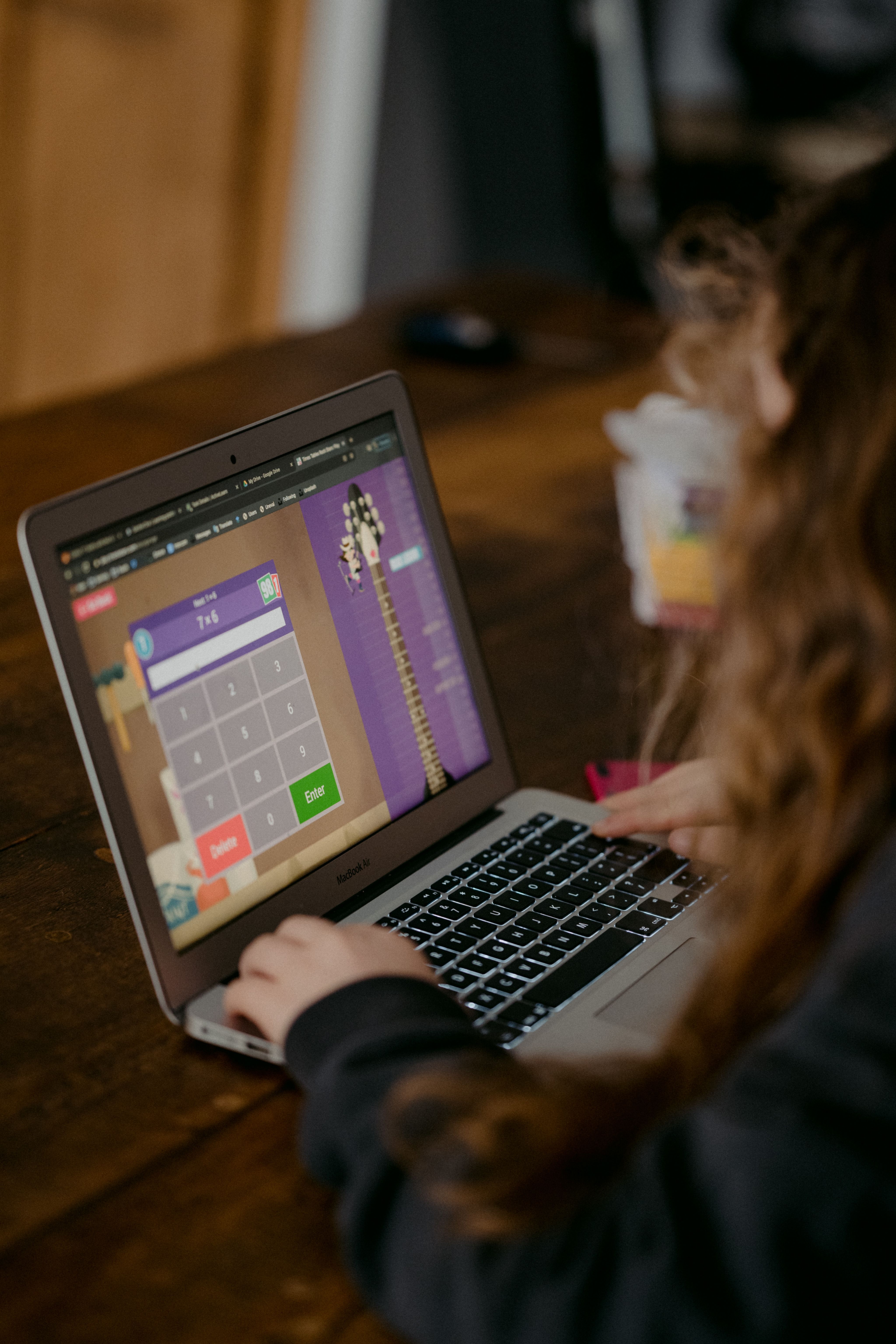The Role of Parents in Education

You won’t be wrong in saying that we stand on the shoulders of giants when we look upon the foundations of society as we know it today. Quite literally, this would be how most of us felt as a child being carried and cared for by our parents. More than general wellbeing, parents also have a role to play in education. Despite having dedicated paid educators and the numerous resources accessible by our fingertips, the role which parents play is especially crucial.
Let's look at three ways parents play a part in education.
Parents are a child’s first educators
When a child is first born, the first people that the child encounters and is in constant interaction with are their parents – these parents are the child’s first agents of socialisation. As they take care of the growing child, the parents naturally teach things which are new to the child so that they can develop as a human being. As the child grows up, they start to pick up language, participate more often in the family’s culture, and gain an understanding of the world around them. The act of parents educating the child sets the stage for the child’s lifelong learning.


The support of a child’s formal education
Since either one or both parents are usually the working adults who provide for the family, they are the ones who provide financially for the child’s education. As long as parents have the means to, they can fund their child’s education from kindergarten and even up until university. More than financial support though, is the parents’ moral and intellectual support for the child’s education. Some examples are when parents help their children with homework, or encourage them to do well, showing how their formal education relates to life.
Primary contributor to schools and institutions
Parents are the primary contributors to schools and institutions, in financial and other aspects. They are typically the ones to pay for school or course fees which contribute to the running of the schools and institutions. This helps schools and institutions continue to provide students with education as well as supplementary services. Aside from paying fees, parents will be the ones to provide feedback on the school’s or institution’s performance and even participate in Parent-Teacher Association (PTA) meetings to help develop programs that tailor to the education needs of their children.
Without a doubt, the role parents play in education is indeed a crucial one. Without them, schools and institutions, what more society wouldn’t be where it is today. More than that, you ought to thank your parents today for the sacrifices they made for you. You would not be where you are now if it wasn’t for them.
If you are inspired by your parents and the educators in your life to be an educator yourself, but have no idea where to begin, you can start by checking out these courses.
